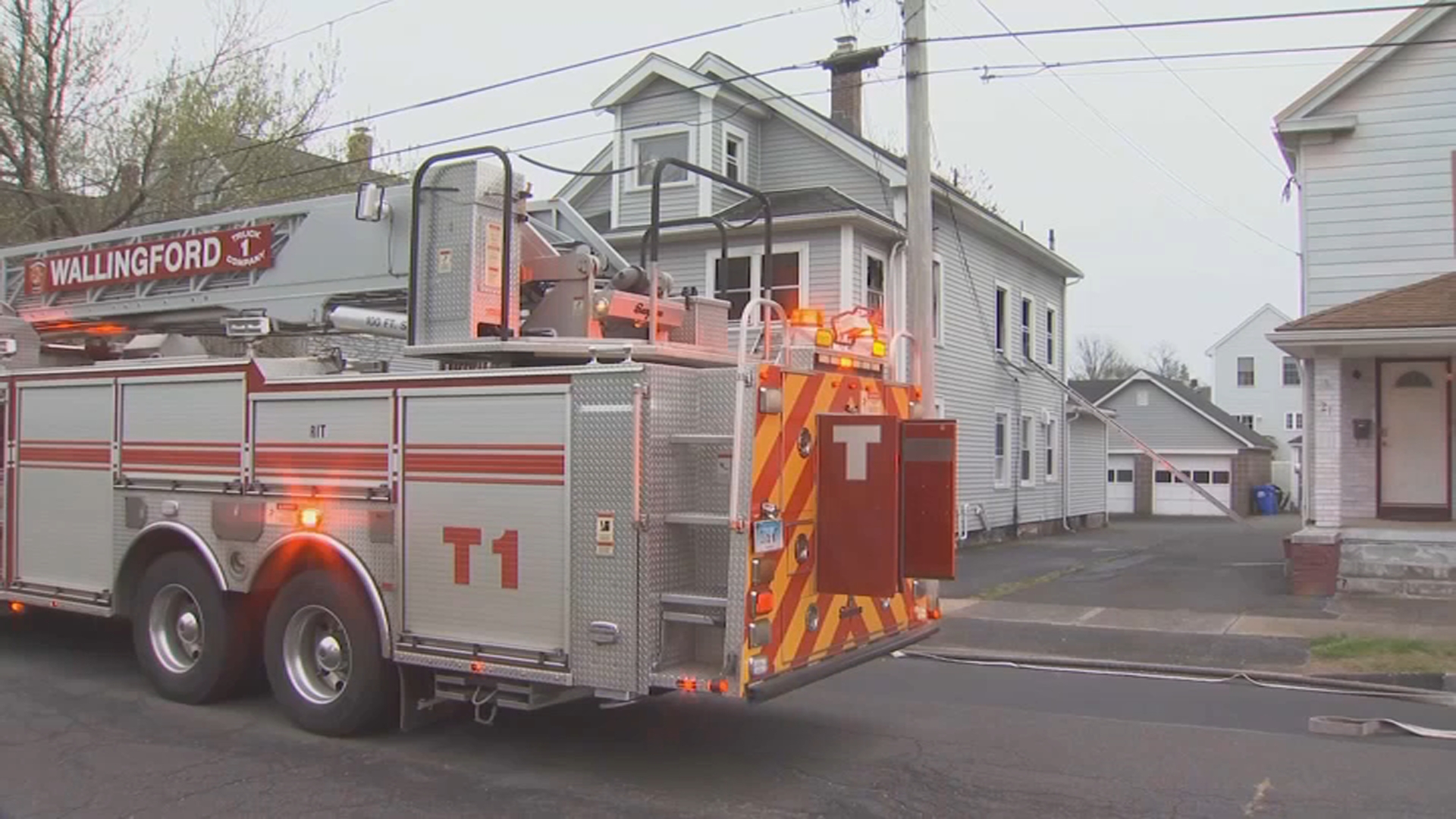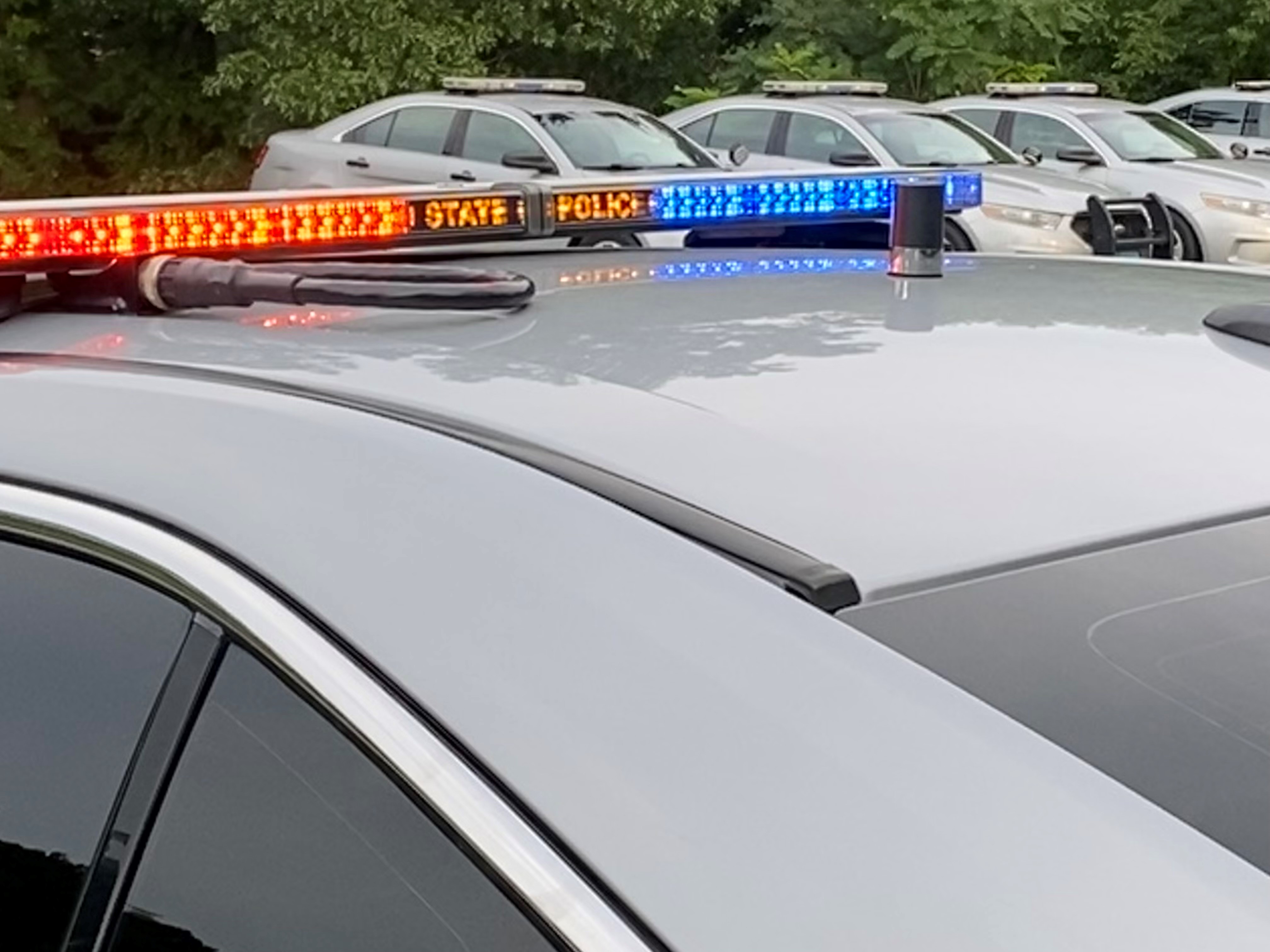Adrian Solis has worked for months advising on the new Black and Latino history curriculum that was recently approved by the Connecticut State Board of Education.
“It’s exciting but it’s also like, well now the real work begins,” said Solis, a social studies teacher at Henry Abbott Technical High School in Danbury.
He says now he and other teachers will have to develop the lesson plans that will engage students.
“Now it’s taking some of these units and hashing out the activities and resources,” said Solis.
He currently teaches a Latino history course at Abbott Tech that is similar to what’s ahead for students across the state.
“Sometimes I’ll do a lesson with my kids and I’ll tell them ‘guys this took me like four hours to prepare, you better enjoy this!’”
The students say they do.
Local
“It’s become my safe space, it’s become my zone, a sanctuary, that’s because it’s where we learn about who we were,” said senior Noelia Nunez. “I feel like he’s definitely done what he’s supposed to and beyond.”
What students learn in the classroom is often determined locally by school districts. So, the new statewide curriculum is a first for Connecticut, and for the country. Its official title is "African American/Black and Puerto Rican/Latino Course of Studies," and may also at times be referred to as the "Black and Latino Course." The State Education Resource Center was behind its development.
“It was a lot. Sometimes it was overwhelming because I wanted this thing to be so perfect,” said Nitza Diaz, a SERC consultant who helped develop the Latino portion. She says it was professionally and personally rewarding to see it all the way through.
“Now people have the opportunity to know who I am as a person, and who Puerto Rican and Latino students are. And it just makes me feel validated,” said Diaz.
It was approved at the December 2 State Board of Education meeting. Now that it’s approved, SERC consultant Michelle LeBrun-Griffin says they are building relationships with communities to help the course get off the ground.
“How do we build the climate and the buy-in within our school communities for this course? Meeting with administrators and counselors and social workers, and orientating teachers.”
She says the State Department of Education will have training sessions and coaching this summer to help guide teachers through difficult conversations.
School districts have the option to offer the course this fall for students. They will be required to offer it as an elective for the 2022-23 school year. LeBrun-Griffin says demand is already high as calls are coming in to SERC offices.
“When will we have the curriculum? When can we get started?” said LeBrun-Griffin.
She says some districts are making their plans now to include it in the fall. Class registration for next year begins in January.
Solis says he’s planning to offer a version of the course this fall and may have to offer multiple sections based on the success of his current Latino studies class. He adds he’s looking forward to the course and the impact it will have on all students.
“It’s women, it’s men, it’s heterosexual it’s homosexual, Black, white, Latino, Native American, it’s all of these perspectives mixed together to tell the story that is this country,” said Solis.
LeBrun-Griffin says there is a documentary that will be released next week showing the process of creating the country’s first statewide Black and Latino Course.
“It’s just such a historical wonderful moment to be a part of, it’s been an honor,” said LeBrun-Griffin.



